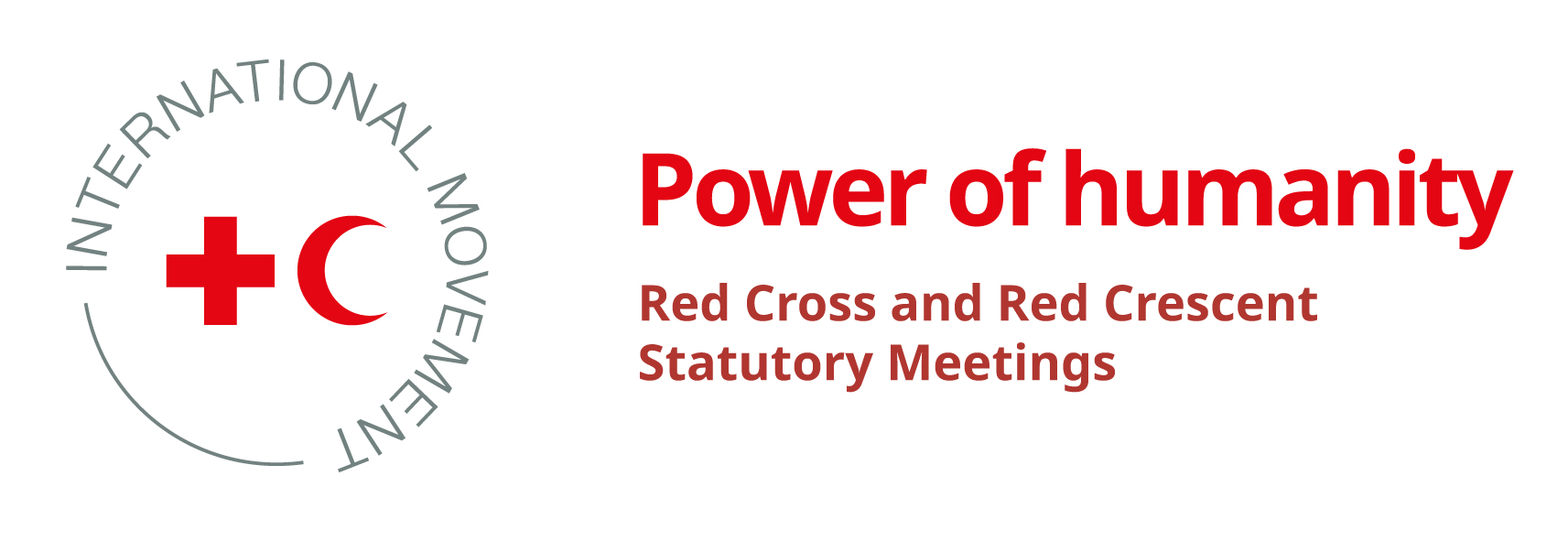Actions taken:
Continual focus on revised and contextualized training materials based on the PS Center’s PFA materials
24 employees have been trained as psychosocial team leaders (PSTL) to lead volunteers in emergency response. The training includes a 2-day PFA training of trainers. 15 new PSTL have been recruited and will complete training the PFA TOT in Q1-2025. The capacity for our one-day PFA trainings has been significantly increased with the 39 new PFA instructors.
The youth organisations of DRC, URK and INUA (Greenland), have initiated a 4-year PFA project. Training materials adapted for youth have been translated to kalaallisut. 15 trainers have been trained and the target is that 1.600 youth will receive 4-5 hour PFA trainings by 2027.
For the Faroe Islands, DRC is planning PFA trainings in Nov 2024 and a TOT for local instructors in Q1 2025.
The one-day PFA training was in 2023 made mandatory for all samaritans (680 volunteers)
Three e-learning modules in PFA and PSS methods for volunteers have been launched
PFA have been integrated in all FA materials and books
Our trainers of FA instructor have been trained as PFA instructors
Training on PFA for FA instructors is planned
Extensive lobby work has been carried out to influence a current revision of the practice and legal framework for the authorities’ psychosocial emergency response. DRC has been added as an actor that can provide PFA trained volunteers.
The 4th main target of our 2024 national strategy is to respond to local and national emergencies with PFA trained volunteers.
A 90-minute PFA e-learning course was developed in collaboration with IFRC, and the IFRC PS Centre, (accessible on the IFRC learning platform (Psychological First Aid for all: An introduction (csod.com).
Development of a manual for PFA for complex reactions integrating a trauma-informed approach and tested in Ukraine. The experience was shared in a webinar held on October 2023 and organized by DRC and IFRC PS center: Webinar: Psychological First Aid, Complex Settings and Reactions – PS Centre
In Bangladesh, DRC and Bangladesh Red Crescent Society:
A training package on Psychological First Aid (PFA) for community groups prepared and adopted in 2023.
Training sessions on PFA for community members were offered in the 4-community center run by BRDCS and supported by DRC.
BDRCS already included MHPSS within their 5-year strategic plan (2022–2026).
Community Based Child Protection Committee (CBCPC) members were on the importance of Psychosocial support and PFA.
PFA was included in the curriculum of training on menstrual period hygiene management for girls through adolescent girls’ hub trained
Basic PFA training, including PGI and CEA, was offered to all staff and volunteers. Over 780 volunteers were trained in PFA.
PFA training within 41 units of BDRCS among 68 units, BDRCS PSS team trained 832 Red Crescent Youth (RCY) volunteers on Basic PFA 3 PFA TOT training courses, in which 54 RCY participated.
61 midwives and 19 staff and volunteers were trained on PFA.
Trained PFA volunteers have been deployed as part of the MMT teams during emergency response. 16 teams were deployed.
PFA kits for use by trained PFA providers during emergencies were positioned. 39 Branches have received a kit each and can use it during emergency response.
A PSS call center was established, all responders were trained on PFA
A supervision system was established, and technical support were provided from Danish Red Cross with mentoring and supportive supervision to the BDRCS PSS managers and officers, then officers maintain it with PSS community facilitators and community facilitators for community volunteers.
Material developed: PFA training guide in Bangla, PFA monitoring checklist, Debriefing and supervision guide, PFA guidelines for outreach visit, Self-care guidelines.
A module on PFA was integrated into The BDRCS First Aid manual.
In Mali, DRC and the Mali Red Cross Society
120 Community leaders, internally displaced persons (IDPs), and humanitarian and development received PFA training.
A module on PFA was integrated in the training curriculum for students at the MRC’s National Institute for Socio-Sanitary Training.
In Somalia, DRC with Somalia Red Cross Society a
PFA integrated as part of the doctors’ and nurses’ staff internal training package.
In Niger, with Niger Red Cross Society
A pool of PFA trainers across its 8 branches (2 per branch) was established.
Refresher training was conducted in 2023, and an in-depth debriefing workshop.
Approximately 1000 individuals benefited from community-based PFA training sessions.
PFA training manuals were translated into two local languages (Haussa and Zarma).
PFA integrated into the newly revised First Aid training manual
Partnership established with the Department of Psychology from the University of Niamey to create a pool of youth volunteers trained on PFA
In Malawi, DRC with Malawi Red Cross
A PFA pocket guide adapted in 2022
Emergency Response team received training on different occasions on PFA.
In Myanmar with Myanmar Red Cross Society:
First Aid Department adapted various manuals for PFA training in the Myanmar language.
90 staff and volunteers trained on PFA
Challenges in implementing the PFA pledge
A main challenge is the access to vulnerable groups during emergencies.
The Danish emergency authorities have little experience working with volunteers. The existing experience is mainly around fire prevention and climate responses. While national and local authorities often overlook the risk for mental health challenges, the consequences of Covid-19 provided authorities with ample learnings of the mental health impact on a population.
The Ministry of Health has in 2024 mapped the Danish psychosocial emergency response. Initial results show that most of the 98 municipalities have not established a PS preparedness team, and most have never had any type of PS emergency response. The MoH has indicated that there’s a need to lower the level for activation. DRC works toward becoming the go-to actor for PFA trained volunteers and staff.
In our international work one of the main challenges is the aadaptation of the training materials to local languages as well to ensure the availability of local trainers among volunteers.




